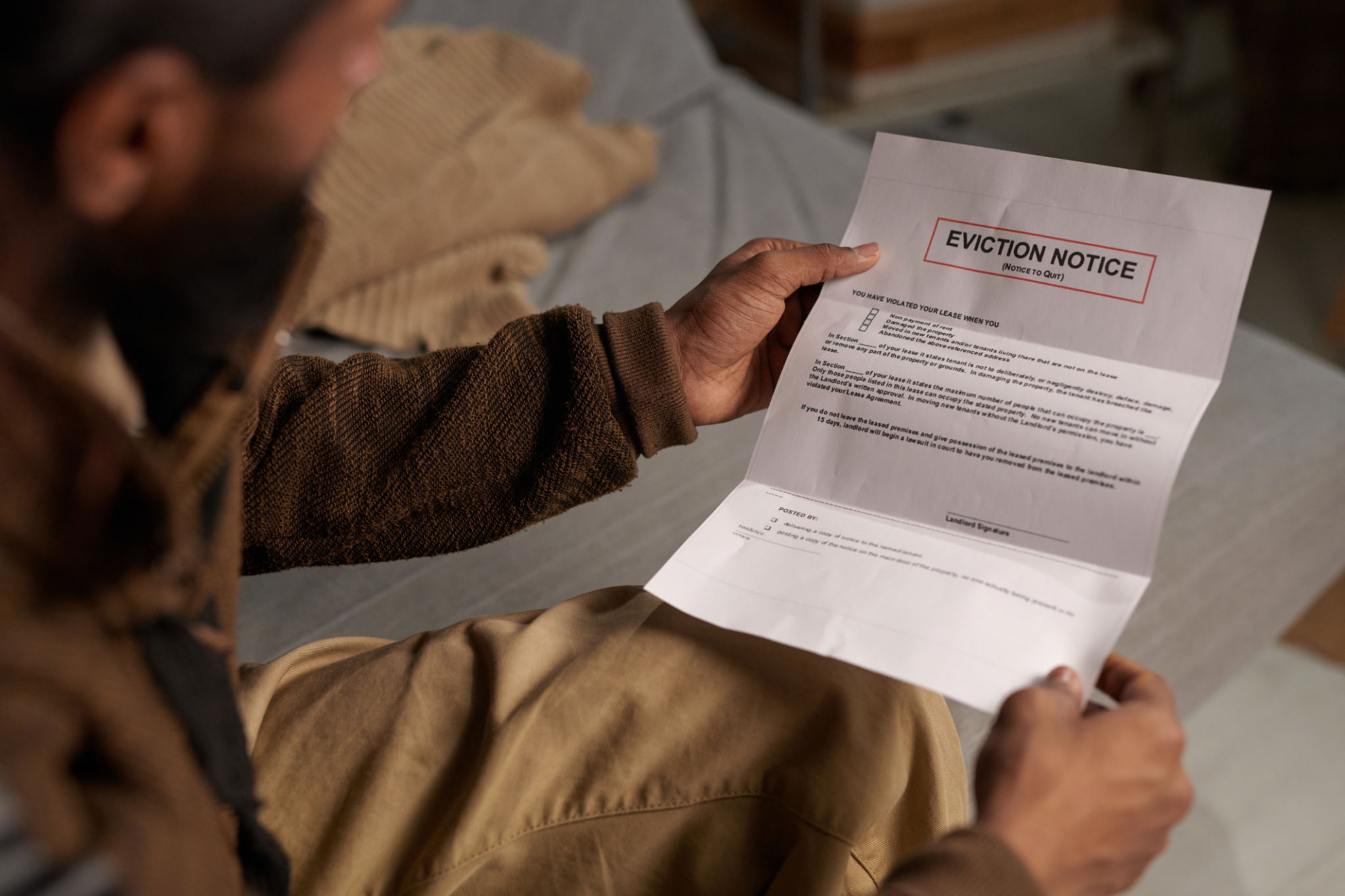Understanding Florida's Property Management Laws and Regulations
Introduction to Florida's Property Management Laws
Understanding Florida's property management laws and regulations is crucial for anyone involved in the real estate market, whether you're a property manager, landlord, or tenant. The state of Florida has specific rules that govern property management to ensure fair practices and protect the interests of all parties involved. By familiarizing yourself with these laws, you can navigate the property market more effectively.

Licensing Requirements
In Florida, property managers must hold a real estate broker's license if they manage properties for others and collect rent. This requirement ensures that property managers have a comprehensive understanding of real estate laws and ethical practices. Without this license, individuals cannot legally manage properties, which can lead to penalties and legal challenges.
To obtain a real estate broker's license in Florida, you must meet several criteria, including completing state-approved education courses, passing the real estate broker exam, and having active real estate experience. It's important for aspiring property managers to be aware of these requirements to ensure compliance with state laws.

Tenant-Landlord Relationship
The relationship between tenants and landlords in Florida is governed by the Florida Residential Landlord and Tenant Act. This act outlines the rights and responsibilities of both parties, aiming to create a balanced framework for leasing agreements. Key aspects include handling security deposits, maintaining habitable living conditions, and addressing lease violations.
Security deposits are a significant aspect of property management. Landlords in Florida are required to hold security deposits in a separate, interest-bearing account and must return them within 15 to 30 days after the lease ends, depending on whether there are any claims against the deposit.
Eviction Procedures
Evictions in Florida follow a strict legal process that must be adhered to in order to avoid complications. The first step in the eviction process is serving a written notice to the tenant, which can vary based on the reason for eviction. Common notices include a three-day notice for non-payment of rent and a seven-day notice for other lease violations.

If the tenant does not comply with the notice, landlords can file an eviction lawsuit in county court. It’s crucial for landlords to follow this legal process precisely, as any deviation can result in delays or dismissal of the eviction case.
Property Maintenance Obligations
Florida law mandates that landlords maintain their rental properties in livable conditions. This includes ensuring that essential services such as plumbing, heating, and electricity are functioning properly. Regular maintenance checks and prompt repairs are necessary to comply with these requirements.
Tenants also have responsibilities under Florida law. They must keep their rented properties clean and sanitary, dispose of waste properly, and not cause damage to the property. Both parties should communicate effectively to handle maintenance issues promptly.

Conclusion
Understanding Florida's property management laws is essential for fostering positive relationships between landlords, tenants, and property managers. By adhering to these regulations, all parties can ensure a fair and efficient management process that benefits everyone involved. Staying informed about updates to these laws is also important, as changes can impact how properties are managed across the state.